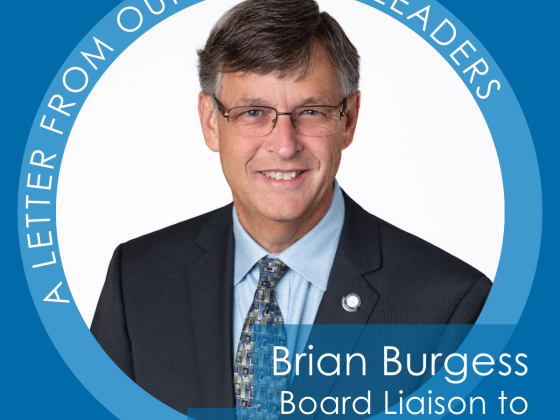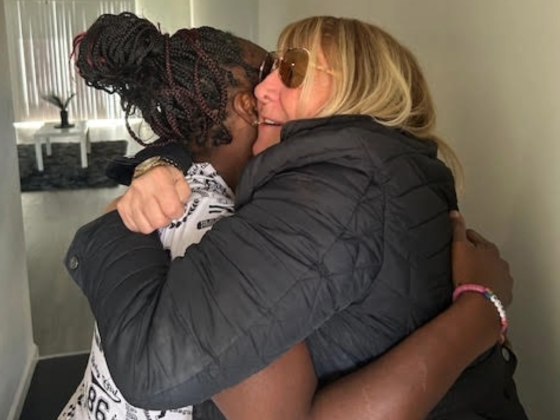“Help …becomes honorable,” Bl. Frédéric taught, “when it may become mutual.” [O’Meara, 177] It is this teaching that inspires our Rule’s call for Vincentians to “form relationships based on trust and friendship” with the neighbor. [Rule, Part I, 1.9] Because after all, what is friendship if it is not mutual?
Asking for help can be humiliating. In some places, beggars on the street prostrate themselves, hiding their faces as if ashamed, literally with hats in hand to ask for pocket change from passersby. In the impersonal offices of many agencies, people in need often interact primarily with impersonal clipboards and application forms – forms that can be more complicated than a loan application. And unlike a loan, the assistance they receive for food, medicine, housing, and other needs is not something they will ever be expected to pay back. Yet, it is natural to feel an obligation to repay gifts, and when we can’t, to feel emptied in spirit while being replenished materially.
In Frédéric’s time, there were even critics who believed that charitable works wrongly obligated the poor. To them, Frédéric replied that you could only believe assistance imposes a one-way obligation if “you have never experienced the obligation it confers on him who gives.” Those who visit the poor, he explained, “know that in accepting bread from their hand, as he takes the light from God, the poor man honors them; they know that the theatre and every other place of amusement can be paid for, but that nothing in this world can pay for two tears of joy in the eyes of a poor mother, nor the grasp of an honest man’s hand when one has enabled him to wait till he gets work.” [O’Meara, 177-178]
Not only is the obligation mutual, so are the gifts. This is natural among friends. That’s the reason why, when we need help with something – especially something difficult, or that we’d rather not confide in a stranger — we ask a friend. A friend won’t judge us for the mistake we made that led to our predicament. A friend won’t abandon us. A friend won’t embarrass us. A friend won’t ask us to repay the favor.
In a way, asking for help is proof of friendship in itself. Asking somebody to be Best Man or Maid of Honor at a wedding is asking for a very great commitment of time, effort, and sometimes money, yet no friend considers this request an imposition. Rather, it is an honor, and a demonstration of trust.
In this sense, then, it is the neighbor who calls us for help who takes the first step in establishing this friendship. They trust us with their problems and their secrets. When we respond as friends, for love alone, we earn their trust. When we offer not only material assistance, but our time and ourselves, we earn their friendship. In our mutual giving and receiving, in both seeing Christ and in imitating Him, perhaps both we and the neighbor may exclaim, “Oh, what a friend we have in Jesus!”
Contemplate
Do I thank God in my prayers for the friends I have made on my Home Visits?




I really enjoyed reading this perspective. I’m going to share this with others in our conference.